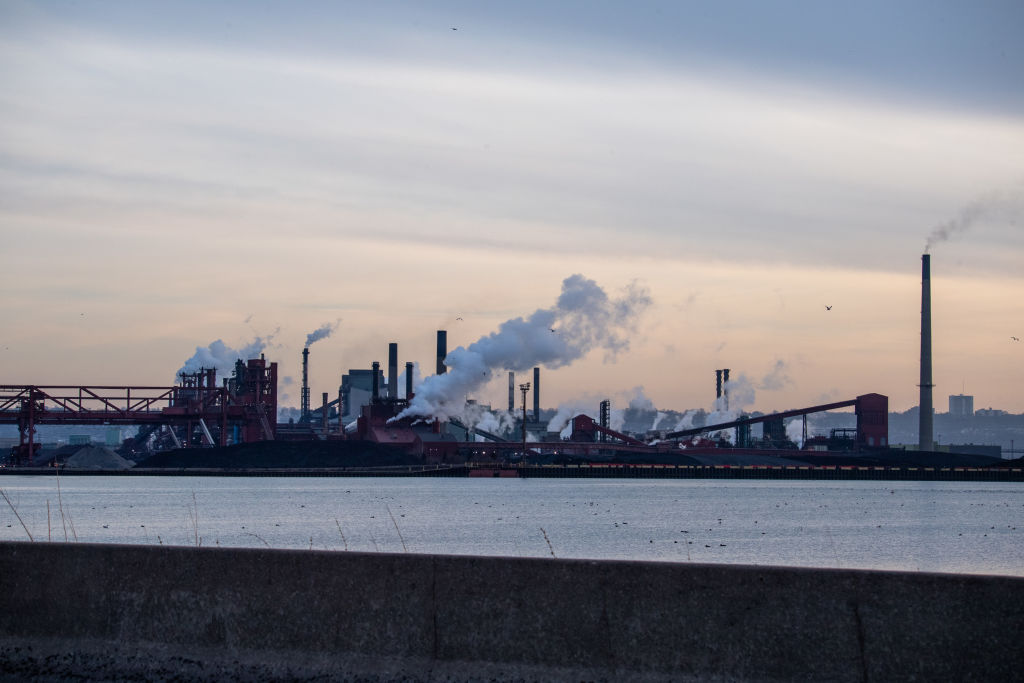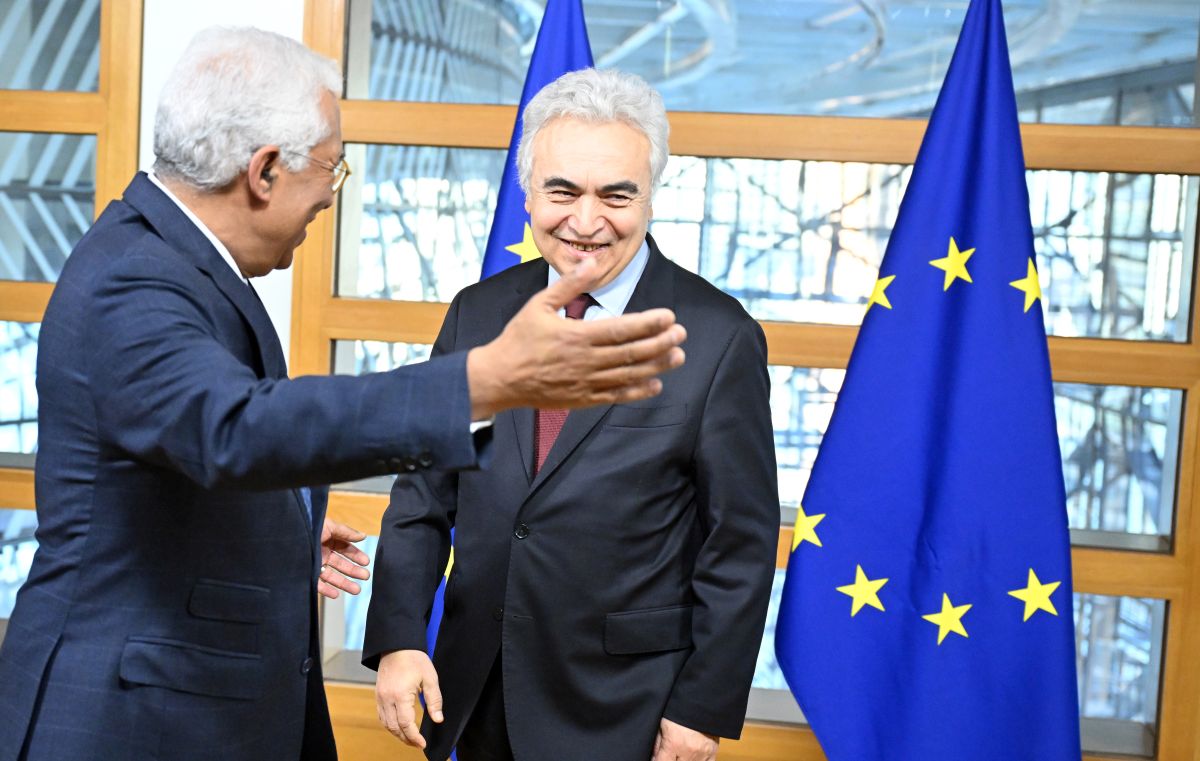The Brief – $750bn for US fuel... Weren't we meant to be buying less of this stuff?
Maintaining current levels of fossil fuel use is not an option, even in the relatively short term, unless the EU plans to follow Trump out of the Paris Agreement.

The fact that neither President Ursula von der Leyen nor the European Commission enjoys a prerogative to dictate where EU oil and gas importers buy their oil and gas was only the first structural flaw in her promise to President Trump to buy $750 billion worth of US energy products.
Listen to her energy commissioner Dan Jørgensen: “We have said that we want to move away from oil, gas and coal, so we should maintain our focus on doing so instead of paying more for things that we say we don’t want.”
But that was in June, and a month is a long time in politics – let alone in the topsy-turvy world of Trumpian trade policy.
In fact, we haven’t merely “said” we don’t want more fossil fuels: it is implicitly codified in the European Climate Law, which requires net-zero greenhouse gas emissions by 2050. Legislators are now negotiating a bill that would oblige them to get 90% of the way there by 2040.
Maintaining current levels of fossil fuel use is not an option, even in the relatively short term, unless the EU plans to follow Trump out of the Paris Agreement.
But what if – as officials claim – US oil and gas will merely replace imports from Russia? Even for that to happen, the EU may have to tear up – or at least neuter through small print – its Methane Regulation.
From 2027 (coincidentally the deadline the Commission has proposed for Europe to stop indirectly funding the Kremlin’s war machine), this piece of climate legislation will block imports from suppliers who do not apply the same strict monitoring and leakage controls as European producers.
So far the Commission has said it is not planning to review the regulation – but the US is already applying pressure, and several EU governments are already on board.
How much?
Far be it from Euractiv to suggest that the US president plucked the figure of $750 billion – to be delivered during the remainder of his tenure at the White House – out of thin air.
But if there was any rigorous analysis behind it – more rigorous, say, than the back-of-a-beer-mat job behind the “reciprocal” import tariffs he unveiled on “Liberation Day” – it remains for now obscure.
Or does it? Actually, Trump himself pointed out during the press conference at his Turnberry golf resort that the annual trade deficit with the US is $235.6 billion – round that up to a cool two-fifty, triple it, and see what you get…
The US exported a world-beating 123 billion cubic metres of LNG last year, and Europe bought the lion’s share of it. But even if we’d bought the lot, it would only have cost around $50 billion.
Good news, if the aim is to replace Russian LNG imports with what von der Leyen called “more affordable and better LNG” from America. But the rest of the money?
Analysts have had a field day showering ridicule (see here or here) on a headline number that implies the EU would also buy well over half of its coal and oil from the US – whose energy firms, one assumes, do not have a Europe-sized stockpile they’ve been trying in vain to shift until last weekend.
Adding to the the drip-feed of information since von der Leyen’s pilgrimage to Trump’s golfers’ paradise, a commission spokesperson said today that the headline figure would also nuclear technology, not just fuel – which is unlikely to go down well in Paris.
European Commission officials are “confident that these numbers are not unrealistic” – and we’ve got US trade tariffs down from 1% to 15%, so who are we to quibble?
Roundup
Gaza stirs Europe’s conscience – Amid a relentless barrage of reports of a rising death toll in Gaza and shocking photographs of starving Palestinians – including many children – politicians across Europe have come under intense pressure to act.
Burying the bad news – Cuts to farmer subsidies are larger than the Commission had let on. But the unpalatable news is hidden by inflation and ambiguity surrounding the budget’s new structure.
SAFE deadline tonight – Nine countries have formally expressed interest in borrowing from the EU’s €150 billion SAFE military procurement programme ahead of Tuesday night’s soft deadline to send proposals to Brussels.
Across Europe
Corruption probe hits former Spanish finance minister – Spain’s former Finance Minister Cristóbal Montoro allegedly received €673,000 in kickbacks from gas industry lobbyists during his time in office, according to a police report seen by Spanish media on Tuesday.
Bringing Belgium on board – Spanish defence firm Indra would welcome Belgium as a new partner in the joint European Future Combat Air System (FCAS) project, despite vocal public opposition from French aerospace contractor Dassault Aviation.
Netherlands bars hardline Israeli ministers – The Dutch government on Monday declared the Israeli finance and national security ministers persona non grata only days after a national security report raised concerns about Israeli attempts to influence political discourse in the Netherlands.




